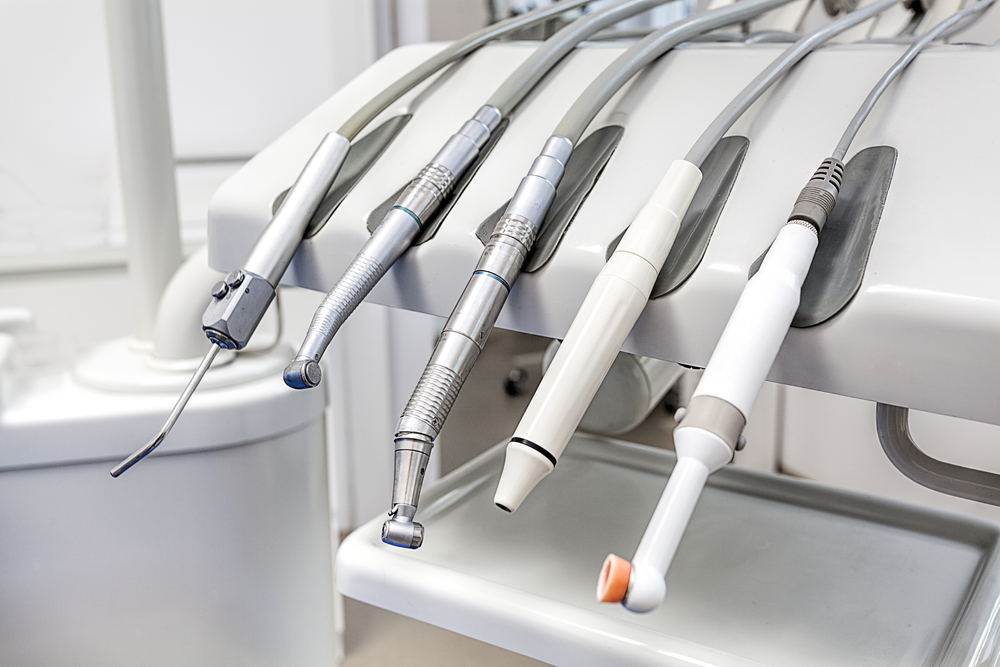Exploring Cavity Treatment Options: What You Need to Know with Puri Dentistry in Oxnard, CA.
Discover the various treatment options available for cavities and learn how to maintain good oral hygiene.
Understanding the Causes and Symptoms of Cavities
Cavities, also known as dental caries, are areas of tooth decay that can lead to pain, infection, and tooth loss if left untreated. They are caused by a combination of factors, including poor oral hygiene, a diet high in sugar and carbohydrates, and bacteria in the mouth.
The symptoms of cavities can vary depending on the severity of the decay. In the early stages, you may not experience any symptoms at all. However, as the decay progresses, you may notice tooth sensitivity, pain when biting down, visible holes or pits in the teeth, and even an abscess or infection.
It's important to visit your dentist regularly for check-ups and cleanings to catch cavities early and prevent further damage.
If you suspect you have a cavity, contact Puri Dentistry in Oxnard, CA, for a thorough examination and personalized treatment options.
Preventive Measures to Avoid Cavities
Preventing cavities starts with good oral hygiene practices. Brushing your teeth at least twice a day with a fluoride toothpaste and flossing daily can help remove plaque and bacteria that can cause tooth decay.
In addition to regular brushing and flossing, there are other preventive measures you can take to avoid cavities. Limiting your consumption of sugary and acidic foods and drinks, such as soda and candy, can help reduce your risk of cavities. Drinking plenty of water and chewing sugar-free gum can also stimulate saliva production, which helps neutralize acids and wash away food particles.
Visiting your dentist for regular check-ups and cleanings is another important preventive measure. Your dentist can identify early signs of tooth decay and provide treatments, such as dental sealants or fluoride treatments, to protect your teeth.
By practicing good oral hygiene and following these preventive measures, you can significantly reduce your risk of developing cavities.
Traditional Cavity Treatments: Fillings and Crowns
When it comes to treating cavities, fillings and crowns are the most common options.
Fillings are used to repair small to medium-sized cavities. The decayed portion of the tooth is removed, and the cavity is filled with a material, such as composite resin or amalgam, to restore the tooth's function and appearance. Fillings are durable and can last for many years with proper care.
Crowns, also known as caps, are used for larger cavities or teeth that have undergone extensive decay. A crown is a custom-made restoration that covers the entire tooth, providing strength and protection. Crowns can be made from various materials, including porcelain, metal, or a combination of both.
Your dentist at Puri Dentistry will evaluate your specific case and recommend the most appropriate treatment option for your cavity.
Advanced Cavity Treatment Options: Dental Bonding and Inlays/Onlays
In addition to traditional cavity treatments, there are advanced options available for more complex cases.
Dental bonding is a procedure in which a tooth-colored resin material is applied to the tooth and hardened with a special light. It is used to repair small to moderate-sized cavities, as well as to improve the appearance of chipped or discolored teeth. Dental bonding is a quick and cost-effective treatment option.
Inlays and onlays are indirect restorations that are used for larger cavities or teeth with extensive damage. They are custom-made in a dental laboratory and then bonded to the tooth. Inlays are used when only the center of the tooth is affected, while onlays are used when the cavity extends to one or more of the tooth's cusps. Inlays and onlays are durable and provide a natural-looking solution.
If you have a complex cavity that requires advanced treatment, consult with the experienced team at Puri Dentistry to explore your options.
Maintaining Oral Hygiene to Prevent Future Cavities
Once you have received cavity treatment, it's important to maintain good oral hygiene to prevent future cavities.
Continue brushing your teeth at least twice a day with a fluoride toothpaste and flossing daily to remove plaque and bacteria. Consider using an antimicrobial mouthwash to further reduce the bacteria in your mouth.
In addition to regular oral hygiene practices, it's important to follow a healthy diet and limit your consumption of sugary and acidic foods and drinks. Opt for nutritious foods that promote oral health, such as fruits and vegetables, and drink plenty of water to stay hydrated.
Regular dental check-ups and cleanings are also crucial for maintaining oral health. Your dentist can detect early signs of tooth decay and provide preventive treatments, such as dental sealants or fluoride treatments, to protect your teeth.
By taking these steps and partnering with Puri Dentistry, you can keep your teeth healthy and cavity-free.



